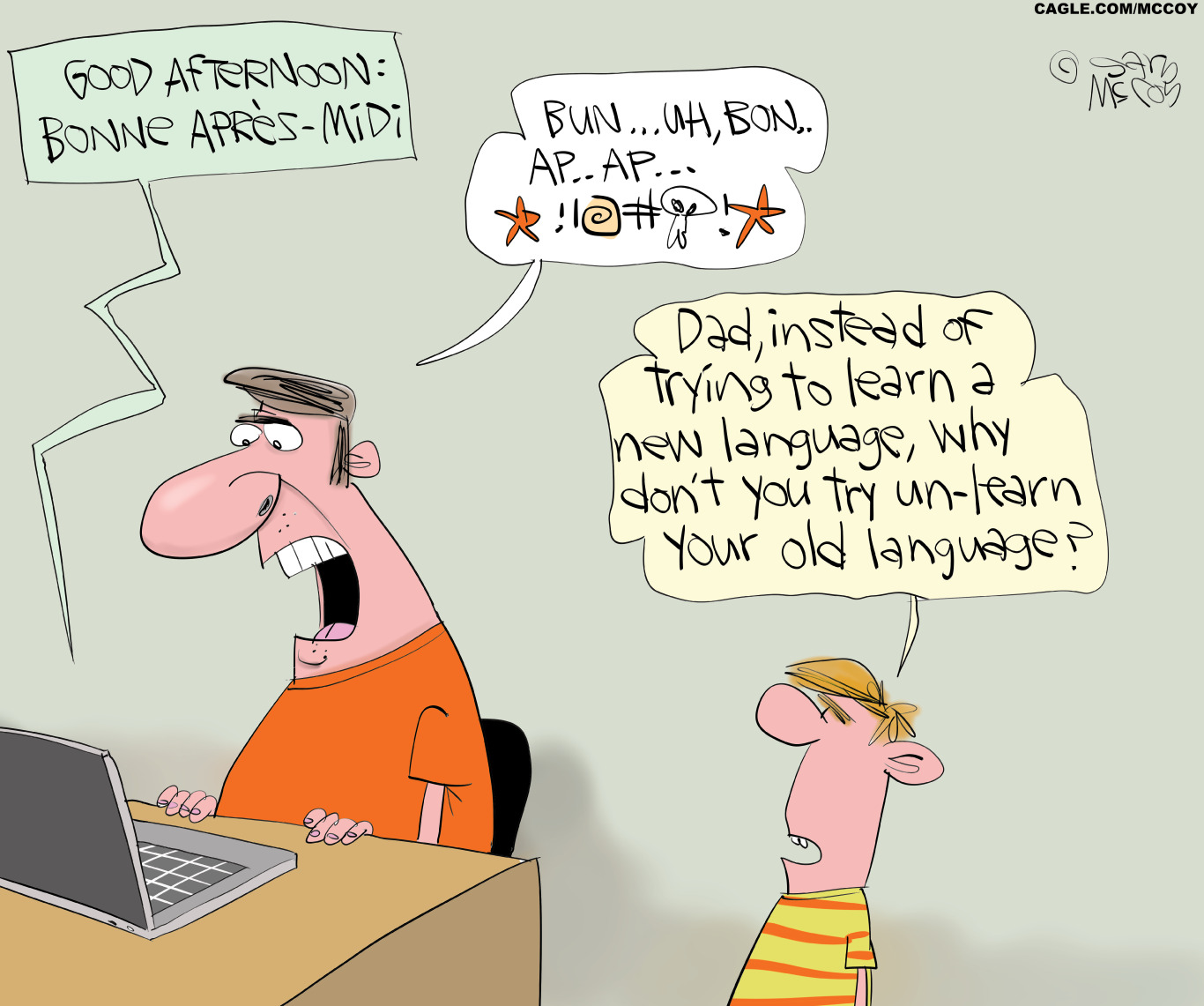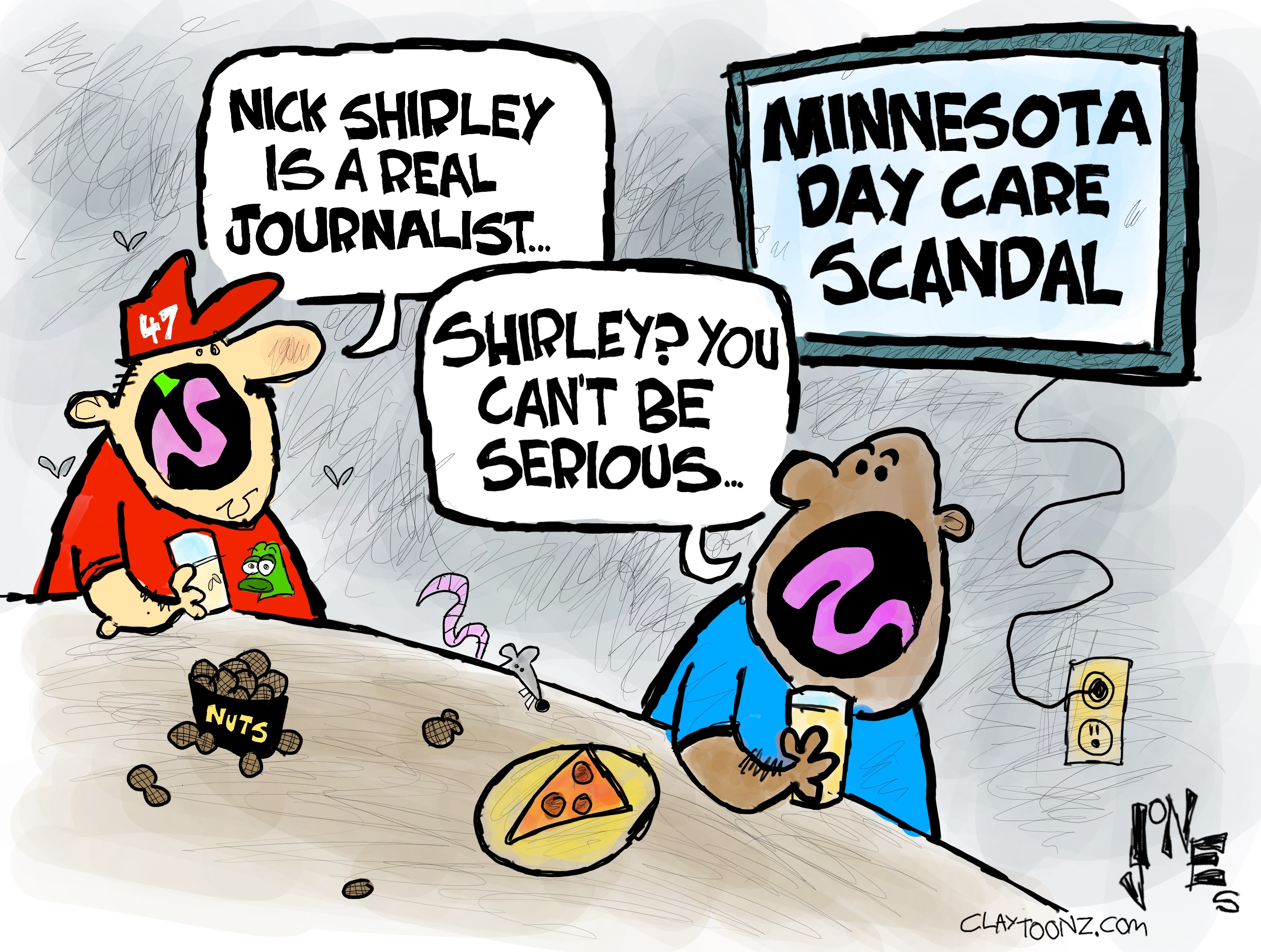The conservative movement has become the GOP establishment. Now what?
Maybe the coalition really is dead


You could call it a freak out on the right.
National Review, the flagship journal of the conservative movement, published a surprisingly defensive symposium, asserting the continued relevance of conservative ideas against an election-year populist challenger, who promised to fight for American jobs and sovereignty. "The old guard threw everything they had at him, and their diminished power is now exposed," wrote David Brooks. This crude challenger to the party's status quo had to be stopped.
That was eight years ago. And it was Mike Huckabee, whose advisor Ed Rollins declared the Reagan coalition dead. The challenge was sufficiently contained, then. But it was the first time that I noticed that the anti-establishment kick reflex that the conservative movement had installed in its Frankenstein-coalition of voters had turned around and began kicking them.
The Week
Escape your echo chamber. Get the facts behind the news, plus analysis from multiple perspectives.

Sign up for The Week's Free Newsletters
From our morning news briefing to a weekly Good News Newsletter, get the best of The Week delivered directly to your inbox.
From our morning news briefing to a weekly Good News Newsletter, get the best of The Week delivered directly to your inbox.
Donald Trump and his coalition of voters kick a lot harder than Mike Huckabee. And so we have another symposium, now exclusively anti-Trump. But this time around, even movement-bred stalwarts are wondering if Ed Rollins had a point. Maybe the coalition is dead.
There's something faintly comical about everyone in the Republican party shouting, "I'm not the establishment. That guy is." The conservative movement long ago defeated the East Coast establishment of the party. It was a total rout; the last semi-moderate New England Republicans were defeated a decade ago. And yet, conservatives still insist that they are fighting some powerful establishment within the Republican Party.
Conservative institutions — their publications, think-tanks, and policy shops — are firmly embedded within the larger political class. The victory has been so-well established for so long that the literal children of the previous establishment will not stick up for it. George W. Bush ran as a conservative. Jeb Bush has ideologically been more enthusiastic for conservatism than his brother.
But there is a class of voters to whom this movement doesn't speak often enough. They are the ones that populist Pat Buchanan called "conservatives of the heart," in his 1992 Republican Convention speech. After telling the story of men working at the James River Paper Mill in northern New Hampshire, pleading with him to save their jobs, Buchanan described them this way:
A free daily email with the biggest news stories of the day – and the best features from TheWeek.com
My friends even in tough times, these people are with us. They don't read Adam Smith or Edmund Burke, but they came from the same schoolyards and playgrounds and towns as we did. They share our beliefs and convictions, our hopes and our dreams. They are the conservatives of the heart.They are our people. And we need to reconnect with them. We need to let them know we know they're hurting. They don't expect miracles, but they need to know we care. [Voices of Democracy]
For a quarter century, the conservative movement has done everything to say they manifestly do not care about the economic problems of these people. The movement bombards them with direct mail pitches, celebrates the "creative destruction" of their livelihoods wrought by globalization, and then says, "Let them eat talk radio shows."
If anyone within the large tent of the Republican Party qualifies as an establishment today, it is precisely the several-generations-old institutions of the conservative movement. What else would you call a group of well-funded salons whose conversations constantly return to the candidacies of Ronald Reagan (36 years ago) or Barry Goldwater (52 years ago)? It would be odd to search history and find Franklin Roosevelt's brain trust looking for answers to the Great Depression by obsessing over Grover Cleveland's legacy. The movement should not be shocked to be on the end of anti-elitist attacks.
The Republican Party, particularly in its pure Paul Ryan form, has lost all connection to the economic interests of many Republican voters.
They've been warned of this reality consistently, from all sides of the political spectrum, for a quarter century. First it was the Buchananite populists and paleo-conservatives. Left-leaning writers like Thomas Frank saw it. So too did the socially-conservative Sam's Club Republicans, the Reformocons, and neoconservatives like David Frum. Yet in 2012, Mitt Romney and Paul Ryan ran as if it were still the 1930s and the GOP was the party of Taft and Midwestern middle-class business owners. In reality, it's a party that needs the support of wage-earners to win elections, the people whom the analyst Sam Francis said descended from the "affluent proletariat" of post-World War II workers.
Putting a new Republican coalition together will not be easy. Trump's coalition of supporters includes this endangered proletariat, the radical center. It also has an enthusiastic cheering section among the radical "alt-right." That creates a difficult field of crossfire. When permanent members of the political class turn their fire on the easier targets of the alt-right, as when Rick Wilson called them trolls and "single men who masturbate to anime," it's very likely heard as an elitist insult by the distressed working class man whose marriage fell apart when he got downsized. When a Republican commentator tries to speak to the needs of working class whites, he is pilloried by the left and committed free-marketers on the right as making a pitch to Trumpian racists.
Whatever happens in this election, it is the organs of the conservative movement that have to do the hard work afterward of reconciling themselves to the coalition of voters who are willing to choose the Republican Party over the Democrats. And the initiative must be theirs, because they are the only establishment left.
Michael Brendan Dougherty is senior correspondent at TheWeek.com. He is the founder and editor of The Slurve, a newsletter about baseball. His work has appeared in The New York Times Magazine, ESPN Magazine, Slate and The American Conservative.
-
 Political cartoons for January 4
Political cartoons for January 4Cartoons Sunday's political cartoons include a resolution to learn a new language, and new names in Hades and on battleships
-
 The ultimate films of 2025 by genre
The ultimate films of 2025 by genreThe Week Recommends From comedies to thrillers, documentaries to animations, 2025 featured some unforgettable film moments
-
 Political cartoons for January 3
Political cartoons for January 3Cartoons Saturday's political cartoons include citizen journalists, self-reflective AI, and Donald Trump's transparency
-
 Bari Weiss’ ‘60 Minutes’ scandal is about more than one report
Bari Weiss’ ‘60 Minutes’ scandal is about more than one reportIN THE SPOTLIGHT By blocking an approved segment on a controversial prison holding US deportees in El Salvador, the editor-in-chief of CBS News has become the main story
-
 Has Zohran Mamdani shown the Democrats how to win again?
Has Zohran Mamdani shown the Democrats how to win again?Today’s Big Question New York City mayoral election touted as victory for left-wing populists but moderate centrist wins elsewhere present more complex path for Democratic Party
-
 Millions turn out for anti-Trump ‘No Kings’ rallies
Millions turn out for anti-Trump ‘No Kings’ ralliesSpeed Read An estimated 7 million people participated, 2 million more than at the first ‘No Kings’ protest in June
-
 Ghislaine Maxwell: angling for a Trump pardon
Ghislaine Maxwell: angling for a Trump pardonTalking Point Convicted sex trafficker's testimony could shed new light on president's links to Jeffrey Epstein
-
 The last words and final moments of 40 presidents
The last words and final moments of 40 presidentsThe Explainer Some are eloquent quotes worthy of the holders of the highest office in the nation, and others... aren't
-
 The JFK files: the truth at last?
The JFK files: the truth at last?In The Spotlight More than 64,000 previously classified documents relating the 1963 assassination of John F. Kennedy have been released by the Trump administration
-
 'Seriously, not literally': how should the world take Donald Trump?
'Seriously, not literally': how should the world take Donald Trump?Today's big question White House rhetoric and reality look likely to become increasingly blurred
-
 Will Trump's 'madman' strategy pay off?
Will Trump's 'madman' strategy pay off?Today's Big Question Incoming US president likes to seem unpredictable but, this time round, world leaders could be wise to his playbook
